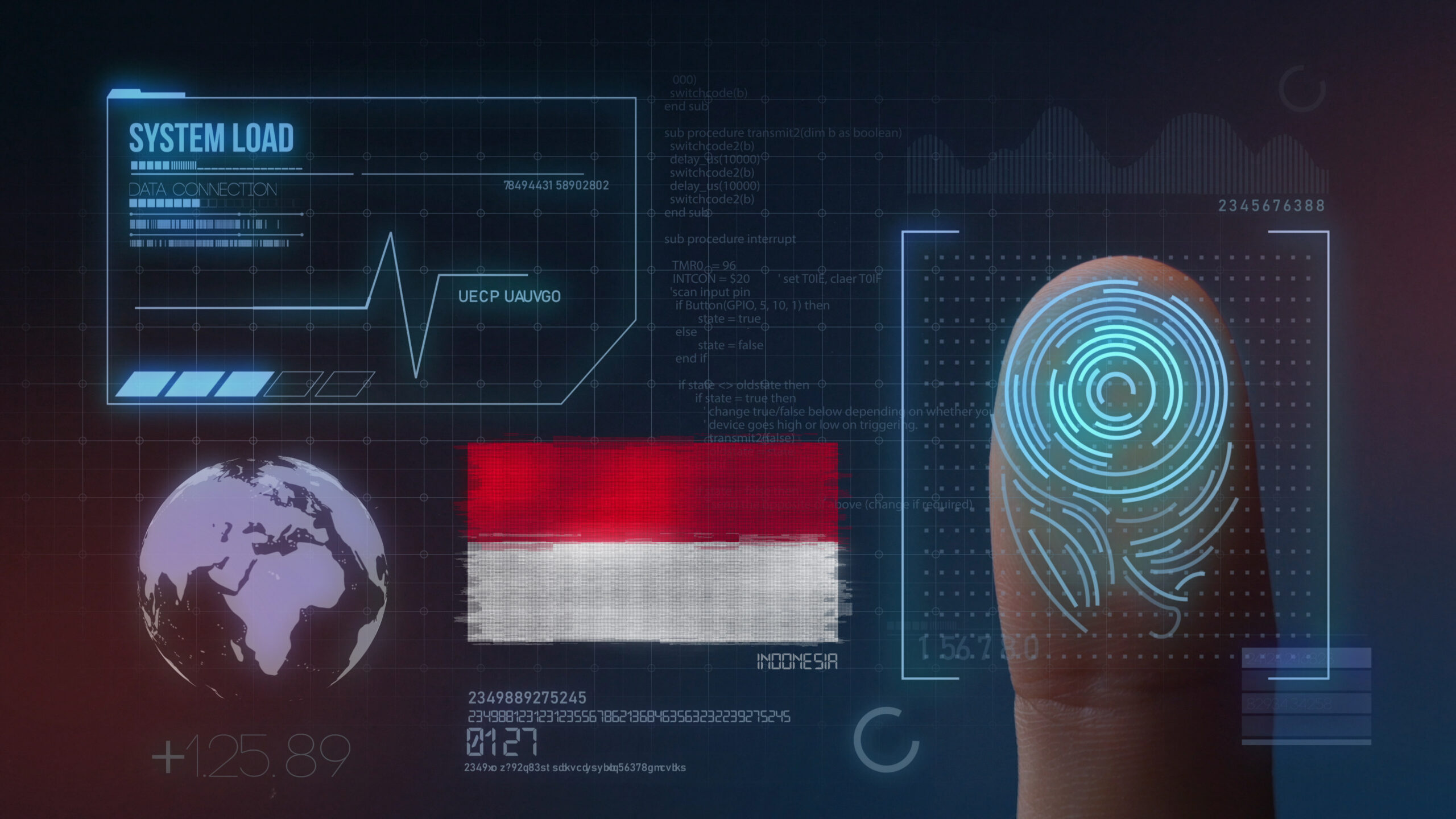As the world becomes more digitized, the need for robust data protection laws has grown significantly. In response to this need, Indonesia introduced its Personal Data Protection Law (UU PDP), a comprehensive regulation designed to protect personal data and ensure that individuals have greater control over their information. For businesses operating in Indonesia, compliance with this law is essential, especially when it comes to managing digital identities and personal data.
This article explores the key provisions of Indonesia’s Personal Data Protection Law, its implications for digital identity management, and how decentralized identity solutions can help businesses comply with the law while improving security and user privacy.
What is Indonesia’s Personal Data Protection Law (UU PDP)?
The Personal Data Protection Law (UU PDP), enacted in 2022, is Indonesia’s first comprehensive data protection law. It is modeled after global standards, such as the European Union’s General Data Protection Regulation (GDPR), and aims to strengthen the protection of personal data across sectors.
Key elements of the law include:
• User Consent: Organizations must obtain explicit consent from individuals before collecting or processing their personal data.
• Data Minimization: Only necessary data should be collected, and organizations must minimize the amount of personal data they store.
• Data Security: Businesses must implement strong security measures to protect personal data from unauthorized access, breaches, and misuse.
• Data Subject Rights: Individuals have the right to access, correct, and request the deletion of their personal data.
Failure to comply with the UU PDP can result in significant fines and penalties, making it crucial for organizations to adopt systems that ensure compliance with these requirements.
How the UU PDP Impacts Digital Identity
The UU PDP has direct implications for how organizations manage digital identities. Traditional centralized identity systems, which store large amounts of personal data in central databases, pose a higher risk of breaches and unauthorized access. These risks make compliance with the UU PDP more challenging, as organizations must constantly ensure that the personal data they store is secure and accessible only to authorized individuals.
By contrast, decentralized digital identity (DID) systems offer a more secure and privacy-focused approach to managing personal data. DID systems align with the goals of the UU PDP by reducing the risks associated with centralized storage and giving individuals greater control over their personal information.
How Decentralized Digital Identity Supports Compliance with the UU PDP
Decentralized digital identity (DID) solutions offer several key benefits that help businesses comply with Indonesia’s Personal Data Protection Law:
1. User Control Over Personal Data
One of the core principles of DID is giving individuals full control over their personal data. In a decentralized identity system, personal data is stored on the user’s device or a secure decentralized network, rather than in a centralized database. This aligns with the UU PDP’s requirement for user consent, as individuals can decide who has access to their information and under what conditions.
2. Enhanced Security Through Decentralization
By decentralizing the storage of personal data, DID systems reduce the risk of data breaches. With no central repository of sensitive information, hackers have no single point of entry, making it harder for them to access or manipulate personal data. This supports the UU PDP’s requirement for robust data security measures.
3. Data Minimization
DID systems only store essential identity data, and Verifiable Credentials (VCs) allow users to share specific attributes (such as proof of age or citizenship) without exposing unnecessary information. This supports the data minimization principle outlined in the UU PDP, ensuring that businesses only collect and store the data they truly need.
4. Real-Time Data Access and Deletion
Under the UU PDP, individuals have the right to access their data and request its deletion at any time. DID systems make it easier for users to manage their data in real-time, enabling them to update, correct, or revoke access to their personal information instantly.
How Blockchain Powers Decentralized Digital Identity
Blockchain plays a crucial role in enabling decentralized identity solutions by providing a secure and transparent platform for managing personal data. Blockchain’s decentralized nature ensures that identity-related transactions are secure, auditable, and tamper-proof, making it easier for businesses to comply with data protection regulations like the UU PDP.
In DID systems, personal data is not stored on the blockchain itself. Instead, Decentralized Identifiers (DIDs) are stored on the blockchain, while personal data is securely stored off-chain. Verifiable Credentials (VCs) allow users to present specific information without revealing unnecessary personal details, protecting privacy while ensuring that identity verification is trusted and secure.
How Baliola’s Mandala Application Chain Supports Compliance with UU PDP
For organizations in Indonesia looking to comply with the Personal Data Protection Law while improving the security and privacy of their digital identity systems, Baliola offers a powerful solution through its Mandala Application Chain. As a blockchain-as-a-service (BaaS) platform, the Mandala Application Chain powers decentralized identity systems, such as IDCHAIN, developed in partnership with PANDI (Pengelola Nama Domain Internet Indonesia).
Baliola’s Mandala Application Chain:
• Ensures user control: It enables businesses to create decentralized identity systems where individuals have full control over their data, ensuring compliance with the UU PDP’s consent and data access requirements.
• Provides enhanced security: With decentralized storage and blockchain security, organizations can protect personal data from breaches and unauthorized access.
• Facilitates data minimization: Mandala Application Chain allows businesses to implement systems where only essential personal data is collected, in line with UU PDP’s data minimization principles.
By leveraging Baliola’s Mandala Application Chain, businesses can ensure compliance with Indonesia’s Personal Data Protection Law while adopting a future-proof, decentralized approach to identity management.
Looking to Ensure Compliance with Indonesia’s Data Protection Law?
If your organization is exploring decentralized identity solutions to comply with Indonesia’s Personal Data Protection Law, Baliola can help. With our Mandala Application Chain, we provide secure, scalable blockchain infrastructure that supports decentralized identity systems like IDCHAIN. Contact Baliola today to learn more about how we can help your business stay compliant while securing your digital identity management.
